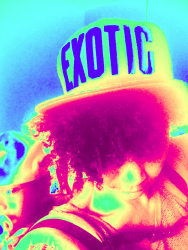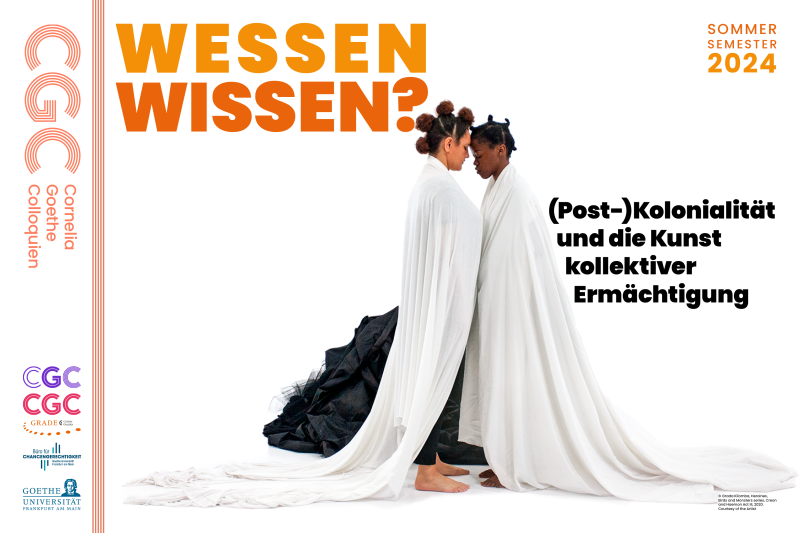
Whether in German rap or in code noir: bastard children are everywhere. They occupy us with questions of origin, contamination and desire. Because every bastard child has a mother who gave birth to it. With the fathers, the situation is sometimes less clear.
In (early) colonial legal codes such as the Code noir (1685), the traces of future classes and their labor struggles can be seen. Gender, status and skin color meander conceptually, pre-conceptually or non-conceptually in and between the lines, where they establish a double law of inheritance: the biological and the economic, to which we add memory as a third.
Thus, in addition to melanin, we have not inherited a plantation, but a fictional memory of it (both if necessary and at best).
But where does fiction belong? With Toni Morrison, in art as an expression of life? Or with Saidiya Hartman in the archive against the statistics of death? In other words: does art imitate life or does life imitate art? And what if both are true? With a little psychoanalysis (Freud and Kristeva) and a little autobiography (from the gutter to the charts), we devote ourselves to the historical thriller of the bastard children and the reconstruction of a politics of contamination, interruption and sabotage.
The language of the talk is German.

Matti Traußneck is as connected to poetry as to theory, to art less than to life, to ritual more than to dissolution. Her works do not focus on aesthetics in any specific sense, but as a tightrope walk of the indecent. She is a literary and political scientist at the Philipps University of Marburg, where she teaches and researches anti-Semitism, race, capitalism and intersectionality.
The Cornelia Goethe Colloquia are an open discussion forum for interdisciplinary gender studies. Interested parties are cordially invited!

